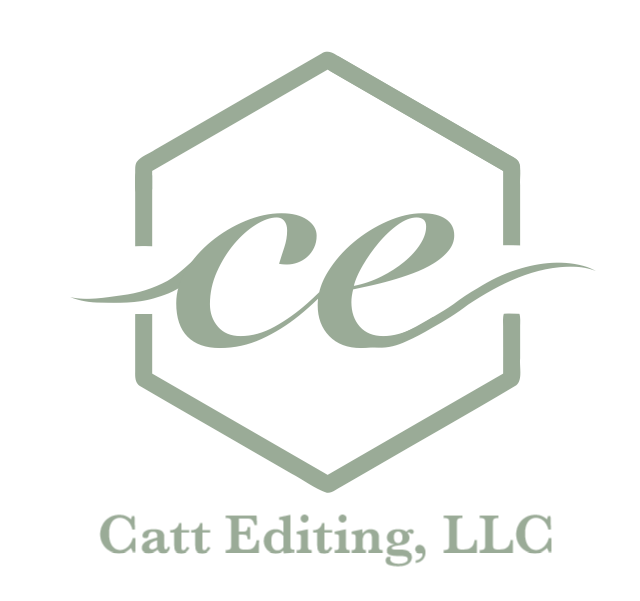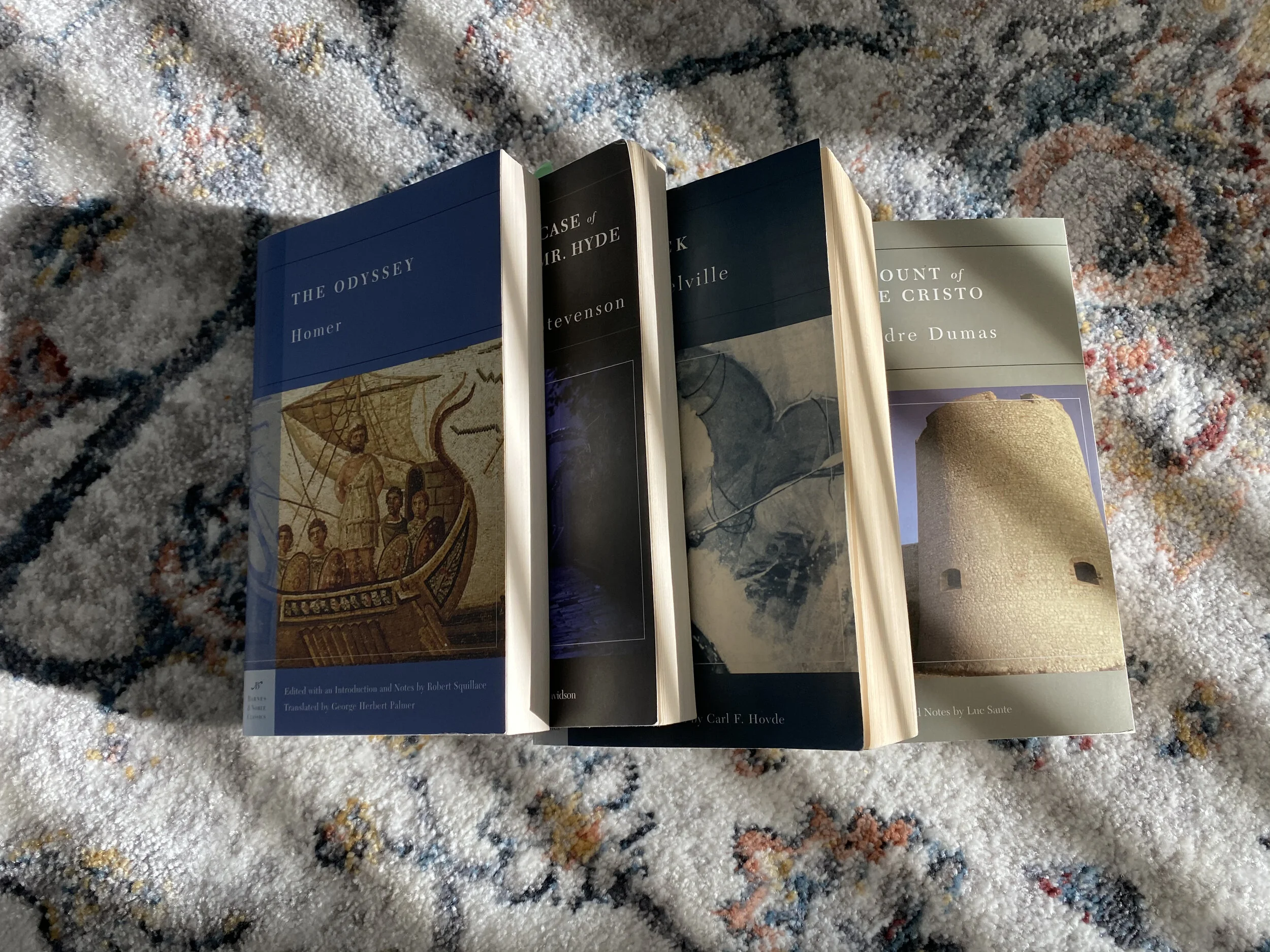
Looking for something specific?
Use the search bar below.
How to Outline a Self-Help Book
Have you wanted to write a book forever but thinking about staring at a blank page is paralyzing? Where do you even start?
Imagine if you could sit down every day (or however often) to write, and you knew exactly what to write about. What if you always knew exactly what came next and could pick up right where you left off each time?
3 Questions to Consider Before Drafting a Nonfiction Book
I know you’re probably eager to get started writing your nonfiction book (either memoir or self-help), but you need a plan first. It will be worth it to take the time now and figure out the answers to three big questions before you start writing.
How to Narrow Your Reader Audience
In this blog post, we’re going to talk about how to narrow your reader audience for nonfiction books.
Using Real Names in Nonfiction Books
If you thank someone by name in the acknowledgments section of your book, you don’t need permission because it’s probably a positive or neutral mention. If you want to talk about how your stepdad ruined your life, you’ll need permission because that’s negative. Seems pretty easy, but when in doubt, always ask permission. I’ll mostly be talking about negative mentions in this blog post.
Beta Readers
Before paying anyone to edit your book, you can have beta readers read it to give you advice for free! (Yes, sometimes beta readers are paid. Those ones will probably guarantee better feedback than randoms from Facebook, but it’s up to you.)
Beta readers provide you with advice for the content of your book—yes, it’s that general. If you want them to focus on something specifically, ask them to do that: “Hi, when you’re reading my book, can you look at how the chapters are broken up? Let me know if you think it’s effective or know of another way to do it.” Otherwise, they’ll tell you whatever they think about your book from a reader’s standpoint.
5 Ways to Improve Your Productivity as an Author
For authors, especially for self-publishers, writing well and writing fast are our bread and butter. If we cannot produce books, we don't make any money. And if we don't make any money, then writing is just a hobby.
For some people, that is just fine. Writing can be a hobby, and a very fulfilling one at that.
However, for the rest of us, if we want to make a living at writing books, we have to learn to write efficiently.
In this article, I will cover a few tips on how to do this.
4 Common Mistakes of Christian Authors
I work with a lot of Christian authors, and I noticed that most people are confused or don’t know about three particular things. Since these unique aspects only apply to this genre, they aren’t that well known. If you’re a Christian author, refer to God in a religious context, or quote any Bible Scriptures in your book, you’ll want to read this blog post!
5 Signs You’re Ready for Book Editing
Congratulations on finishing a draft! Now, you know eventually you’ll need to hire an editor, but when will your book be ready for that next step? You’ll always find more things in your book to change, adjust, or fix, but how can you know when it’s time to hand it off to a professional? Here are 5 signs to help you know when you’re ready for book editing.
Action Beats
Action beats are a replacement for dialog tags to show the action the character takes during or after speaking.




















